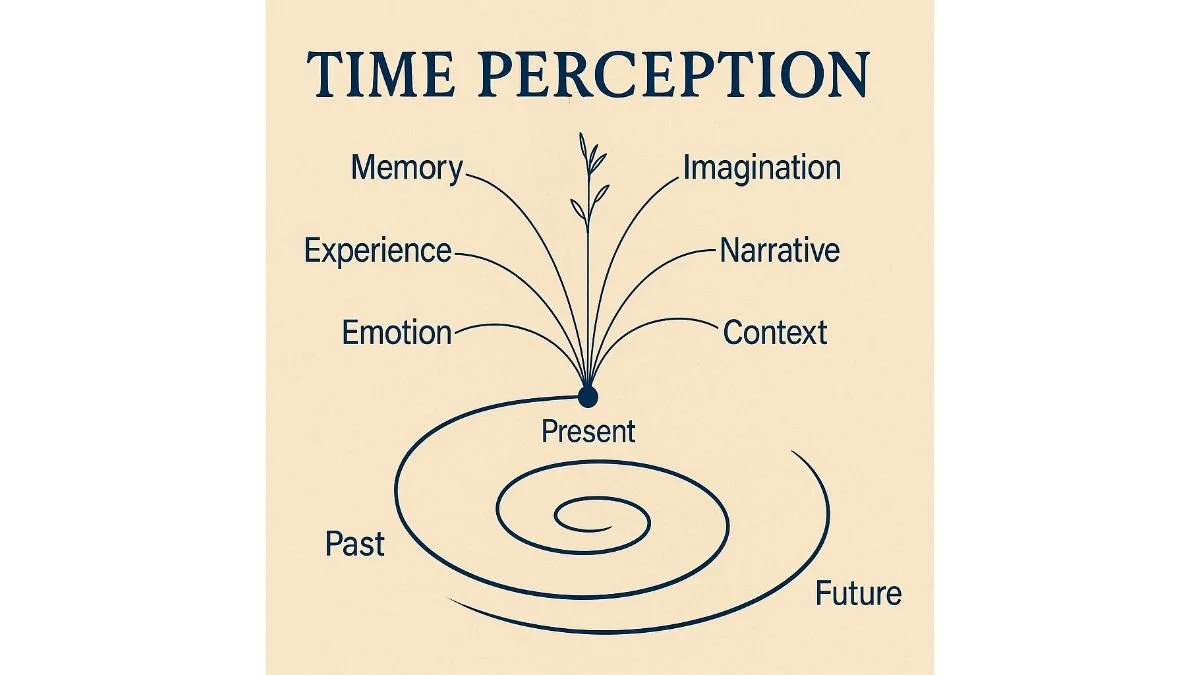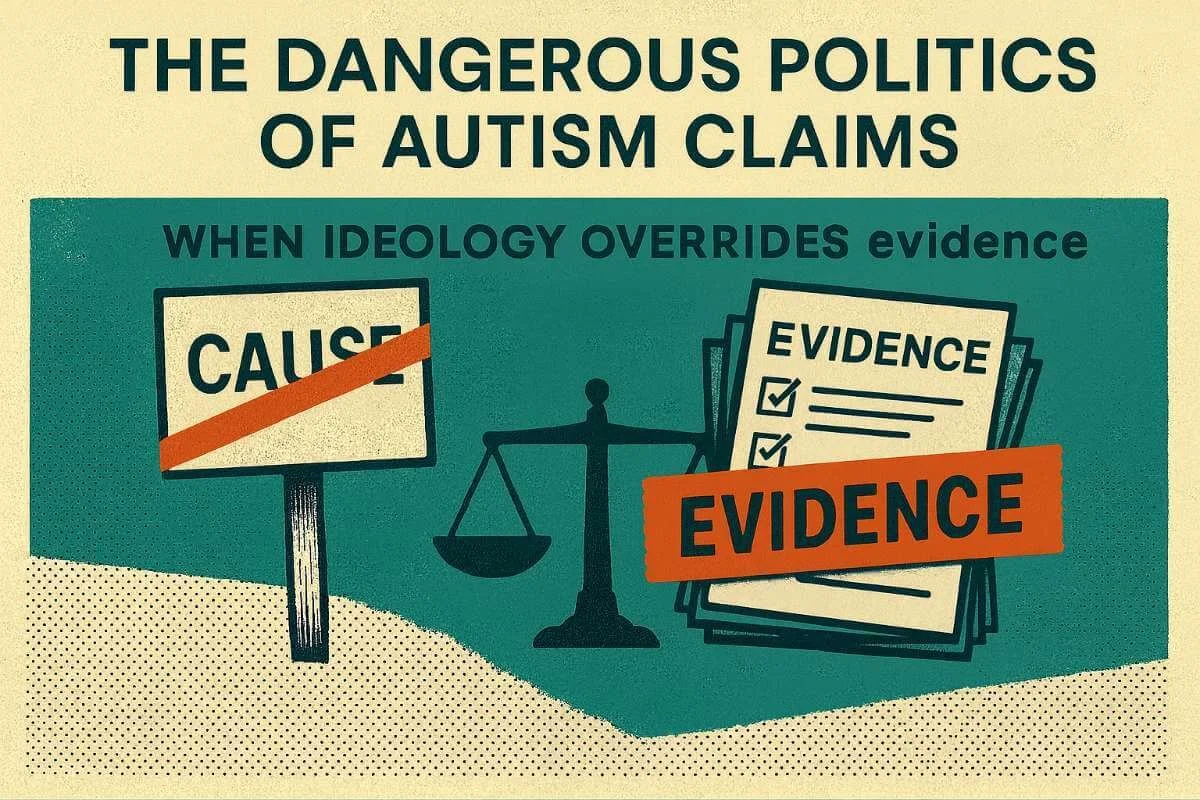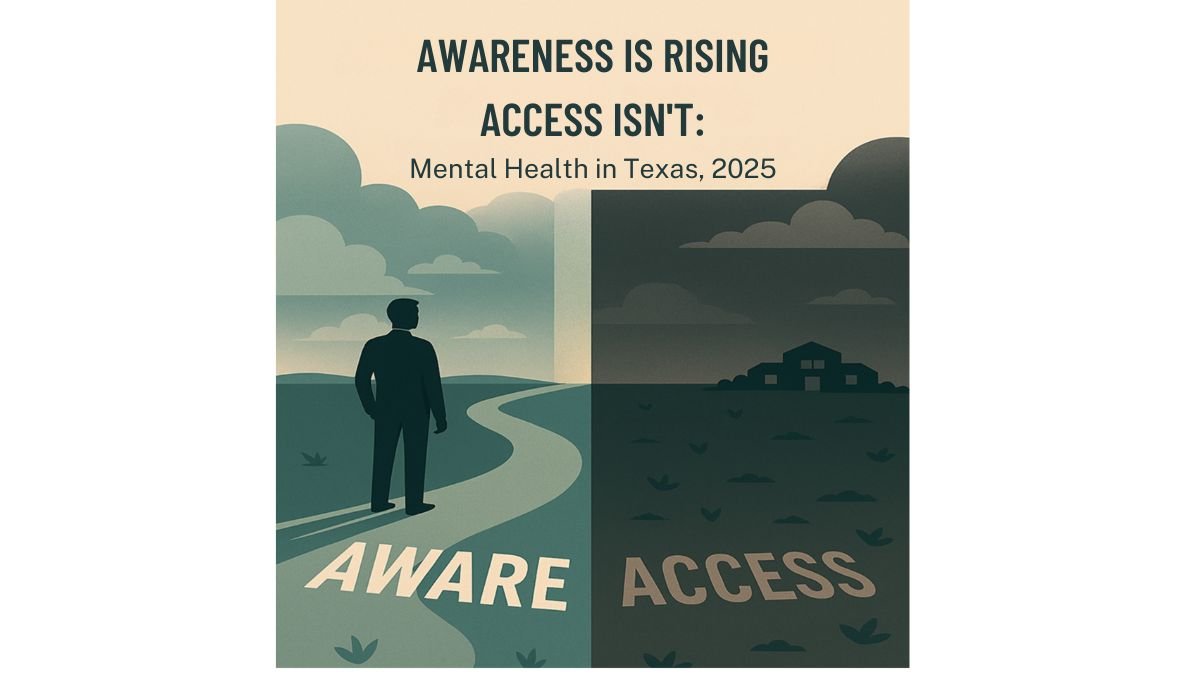




The Dangerous Politics of Autism Claims: When Ideology Overrides Evidence
Recent political claims linking autism to Tylenol prioritize ideology over evidence. This essay breaks down the science, explains why autism diagnoses are actually rising, and exposes the profound harm this dangerous political theater inflicts on the autistic community and public health.

The ADHD Shame Spiral: How Struggling With Time Affects Your Self-Worth
Time management struggles with ADHD aren't just practical challenges—they become sources of profound shame that affect identity, self-worth, and hope for the future. This in-depth exploration combines current neuroscience research with therapeutic insights to help you understand why your brain processes time differently, how perfectionist compensation strategies often backfire, and why working with rather than against your neurological patterns creates sustainable change and authentic self-acceptance.

Time Traps of ADHD: When Time Curves and Choices Spiral
In ADHD, time doesn’t flow—it spirals. This blog explores how curved time perception shapes overwhelm, decision fatigue, and the recursive mind.

Awareness Is Rising, Access Isn’t: Mental Health in Texas, 2025
Awareness is rising—but access to mental health care in Texas still lags behind. This article surveys the landscape in 2025, from record state investments to persistent provider shortages, youth risk, and promising community-based solutions.

What Does It Mean to Be Neurodivergent?
What does it mean to be neurodivergent? This post reflects on neurodiversity not as a label, but as a lived experience—one shaped by tension, survival, and the quiet search for belonging.

